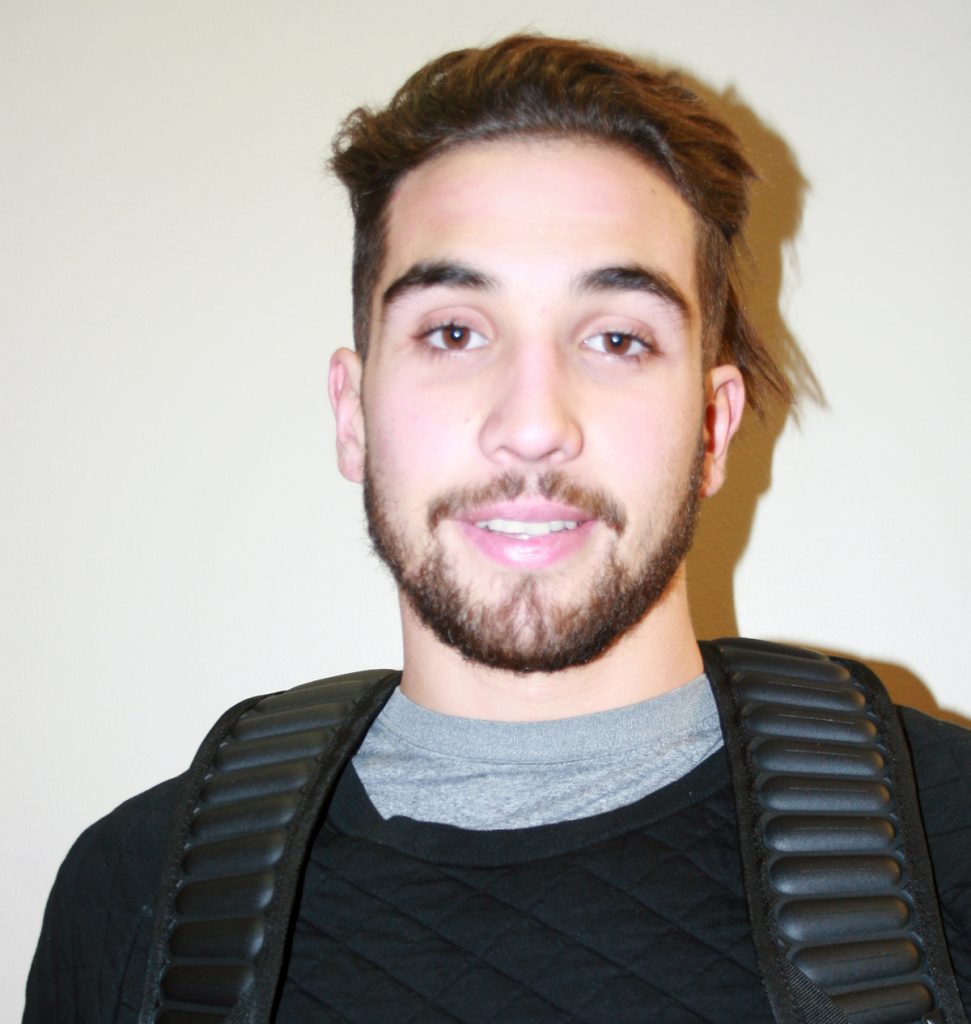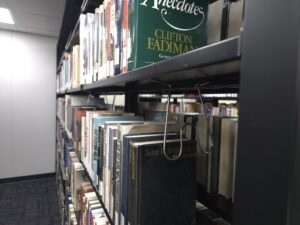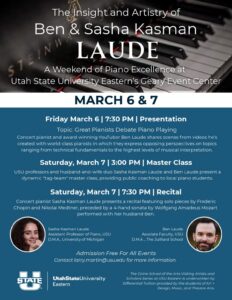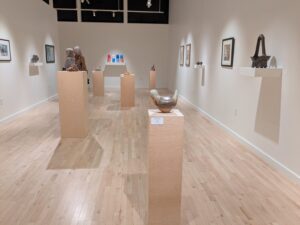One of USU Eastern’s own affected by the bombings in Paris

This archived article was written by: Christopher Palo
Tragedy struck Paris, France, Nov. 13, as 129 people were killed and another 352 wounded, reported CNN.com, in a brutal bombing that rocked the European country to its core.
Taking responsibility for these atrocities is the terrorist organization ISIS saying, “I swear to God, as we have struck France in its stronghold of Paris, we will strike America in its stronghold, Washington.”
Many statements have been issued in the past and Americans just view them as hot air coming from the militant group, never having to concern themselves because it never hit home for them.
That is not the case for one USU Eastern student, Hamdi Karoui. A native Parisian, he felt the impact of the attacks from half a world away. His father was 10 minutes from one of the sites attacked. Understandably he is worried about his family.
Though he is happy that France is retaliating and bombing ISIS strongholds in Syria, he wants it clear that this is not Islam’s fault. “The religion of Islam doesn’t condone violence, like other religions, it wishes to spread peace. It is the extremist groups using the name of Islam to do evil, but they are not part of the religion,” Karoui says.
Karoui is adamant about the separation being made between peace-loving Muslims that want happiness and peace and the violent extremists.
According to a French senator, one of the bombers was among a group of refugees from Syria. ISIS and other terror groups stated that they will use the influx of refugees to smuggle agents of terror into Western countries and attack them from within.
In response to this, Karoui said, he wishes Syrian refugees to find safety in France and that it is out of his love of people that he wishes that. He does, however, wish for a better vetting process so that this devastation does not happen again.
Karoui and others wish for this to stop being viewed as a religious war. Instead have it viewed as a war against an aggressive and evil regime that is bent on spreading its hate and intolerance around the world.
World leaders have called ISIS, ISIL and the Islamic State Daesh. Technically an acronym for the Islamic States proper Arabic name, al-Dawla al-Islamiya fi al-Iraq wa al-Sham, originally it was used by the regime, but has become forbidden and if uttered, it is punishable in Islamic State controlled territories by having your tongue cut out. The word is forbidden because it can be taken to mean “a bigot who imposes his view on others.”
Karoui first uttered it with distain as he was describing the difference with traditional Islam and terror groups using the name of Islam as a way to further their hate.
In spite of the warning, Karoui throws the word out as if it’s straight in the faces of these terrorists that attached his city as if to say you, “haven’t hurt me, you’ve just angered me.”
Like many Parisians, Karoui feels the loss of life that happened in his city, though he knew some of those who lost their lives, he wasn’t too close to them, but that doesn’t mean those losses weren’t felt by him. It was his city and his and all of Paris’ loss.
Whether or not he would go home in the wake of the tragedy or stay here, he said with a look of determination in his eye, that he would stay and finish school. He will not be deterred by this senseless violence. He had others that will go home and see loved ones, but he made sure his family and friends were safe and decided that his place was here for now.
Many lives have been lost, but to give into the fear, is to let the violence and hate win. Karoui, with strength and an un-defeatable attitude, took this strike to his homeland like a warrior, unfazed he looked the enemy in the eye and said, “is that all you got,” and continues to live his life, being an example for so many in times of hardship and strife. He lifts his head, takes a breath and carries on determined to be un-afraid.




